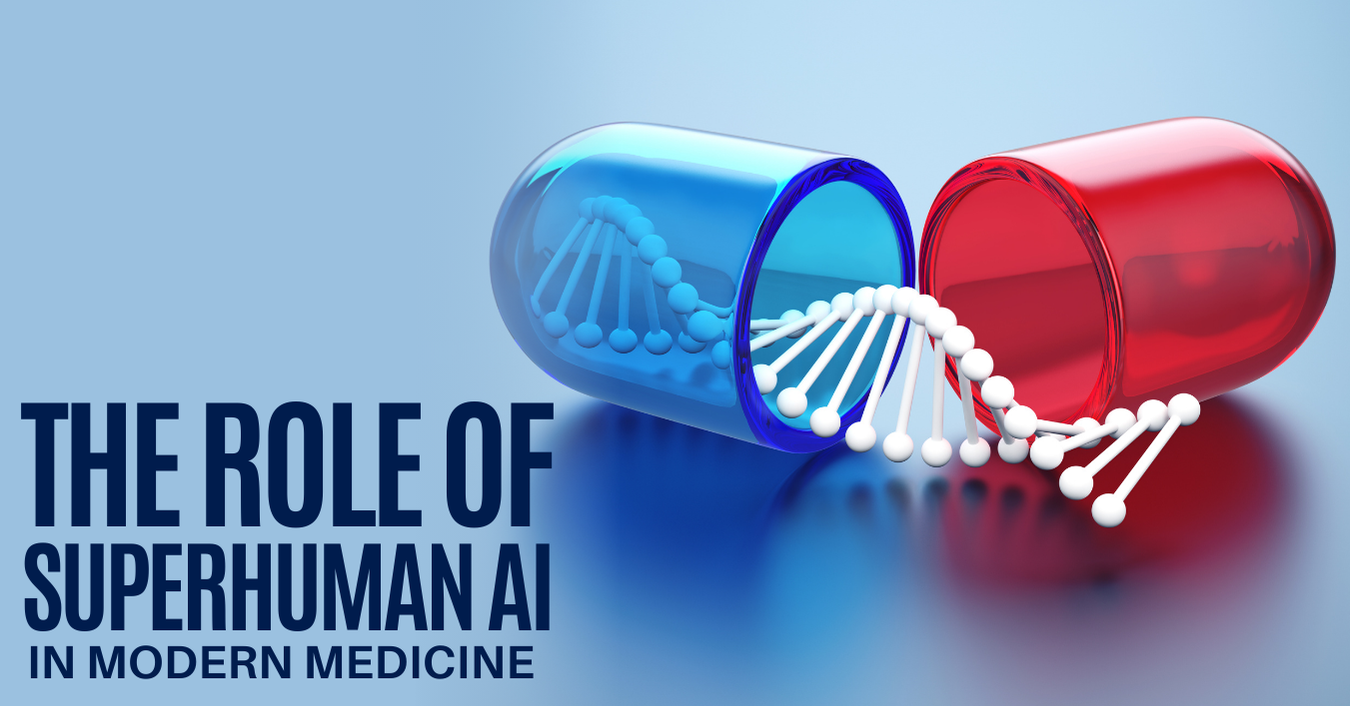
In the rapidly evolving landscape of modern medicine, the infusion of superhuman artificial intelligence (AI) has ushered in a paradigm shift unlike anything witnessed before. The profound ability of AI to process enormous volumes of data with unmatched speed and accuracy is revolutionizing every facet of healthcare — from diagnosis to treatment, from prevention to administration. This transformation is not merely incremental; it is exponential, redefining how clinicians and patients navigate complex medical realities.
One of the most significant breakthroughs brought by AI in medicine is the unprecedented accuracy in diagnostics. Conventional diagnostic methods, reliant primarily on human expertise, are susceptible to errors caused by fatigue, cognitive bias, and variability in experience. However, superhuman AI algorithms can analyze medical imaging modalities such as X-rays, MRIs, CT scans, and ultrasounds with extraordinary precision. Using deep learning and convolutional neural networks, AI detects minute anomalies and patterns that remain invisible to even the most seasoned radiologists.
For instance, AI-powered diagnostic tools have demonstrated superior performance in early cancer detection, neurological disorder identification, and cardiovascular risk assessment. These systems continuously learn from diverse datasets, improving their diagnostic sensitivity and specificity over time. The outcome is earlier intervention, fewer misdiagnoses, and more reliable prognoses, which collectively enhance patient survival rates and quality of life.
The concept of personalized treatment is a cornerstone of modern healthcare, and AI is the engine that powers this customization at scale. Every patient exhibits unique genetic, environmental, and lifestyle factors influencing their response to therapies. Traditional medicine often applies standardized treatment protocols, which may not yield optimal results for all individuals.
By harnessing AI’s ability to integrate and analyze complex data—ranging from genomic sequences and proteomics to electronic health records (EHRs) and real-world treatment outcomes—healthcare providers can develop bespoke treatment regimens tailored precisely to the patient’s profile. This includes optimizing drug dosages, selecting targeted therapies, and predicting adverse drug reactions before they occur.
Such personalized approaches have proven transformational in oncology, where AI-guided therapies increase remission rates by identifying molecular targets and resistance mechanisms. Beyond cancer, AI’s role extends to chronic disease management, mental health treatment, and rare disease diagnosis, bringing precision medicine from theory to practice.
The shift from reactive to proactive healthcare is one of the most promising contributions of AI. Predictive analytics, empowered by real-time data streaming from wearables, health apps, and clinical databases, enables early identification of individuals at risk of developing serious medical conditions.
AI models evaluate multifactorial risk profiles—such as genetic predispositions, lifestyle factors, environmental exposures, and previous health events—to forecast diseases like diabetes, heart failure, and stroke before symptoms manifest. This empowers healthcare providers to implement targeted prevention strategies including lifestyle coaching, preventive medications, or frequent monitoring.
Moreover, predictive AI can forecast epidemic outbreaks, optimize vaccination campaigns, and assist in public health decision-making. The result is not only improved individual patient outcomes but also enhanced population health management, reducing healthcare costs and resource burden.
Beyond clinical care, AI’s influence permeates the operational backbone of healthcare institutions. Administrative tasks like appointment scheduling, billing, claims processing, and medical record management, traditionally labor-intensive, are now automated through AI-driven systems. This automation reduces human error, cuts operational costs, and frees medical personnel to focus on patient-centered activities.
AI also plays a crucial role in resource allocation within hospitals and clinics. By analyzing patient inflow patterns, disease incidence trends, and supply chain data, AI enables optimized distribution of staff, equipment, and pharmaceuticals. This ensures critical resources are available where and when needed most, improving efficiency and patient throughput.
The reach of superhuman AI extends deeply into pharmaceutical innovation and surgical care. Drug discovery, traditionally a lengthy and expensive process, is accelerated by AI’s ability to model molecular interactions, predict drug efficacy, and identify potential side effects early in the development cycle. This hastens the arrival of new medications and personalized therapeutics to market.
In surgical settings, AI-powered robotic systems enhance precision, dexterity, and consistency, enabling minimally invasive procedures with faster recovery times. These systems integrate preoperative imaging with real-time analytics, guiding surgeons during complex interventions and reducing complication rates.
Despite its transformative promise, the deployment of superhuman AI in healthcare necessitates vigilant attention to ethical and regulatory considerations. Issues such as patient data privacy, cybersecurity, informed consent, and algorithmic bias require comprehensive frameworks to ensure AI systems are transparent, fair, and accountable.
Establishing robust governance policies and regulatory oversight is critical to safeguarding patients while fostering innovation. Continuous validation and monitoring of AI tools in clinical environments are essential to maintain trust and efficacy.
The trajectory of AI in medicine points toward ever-increasing integration with other cutting-edge technologies like telemedicine, Internet of Medical Things (IoMT), and blockchain. This convergence promises a seamless, data-driven ecosystem where healthcare is accessible, affordable, and personalized for all.
With ongoing advancements in natural language processing, AI-powered virtual assistants will enhance patient engagement and education, improving adherence and satisfaction. The potential for AI to democratize healthcare globally is immense, especially in underserved regions lacking expert medical personnel.
The era of superhuman AI in modern medicine is no longer a distant vision but a present-day reality reshaping healthcare worldwide. By augmenting human expertise with extraordinary computational capabilities, AI delivers unmatched accuracy, personalization, and efficiency. While challenges remain, embracing these technologies responsibly is essential to unlocking their full potential.
As AI continues to evolve, we stand on the cusp of a healthcare revolution—where early diagnosis, tailored treatments, and proactive prevention become standard, empowering patients and providers alike. This transformative journey promises to elevate healthcare to unprecedented heights of precision, compassion, and effectiveness.